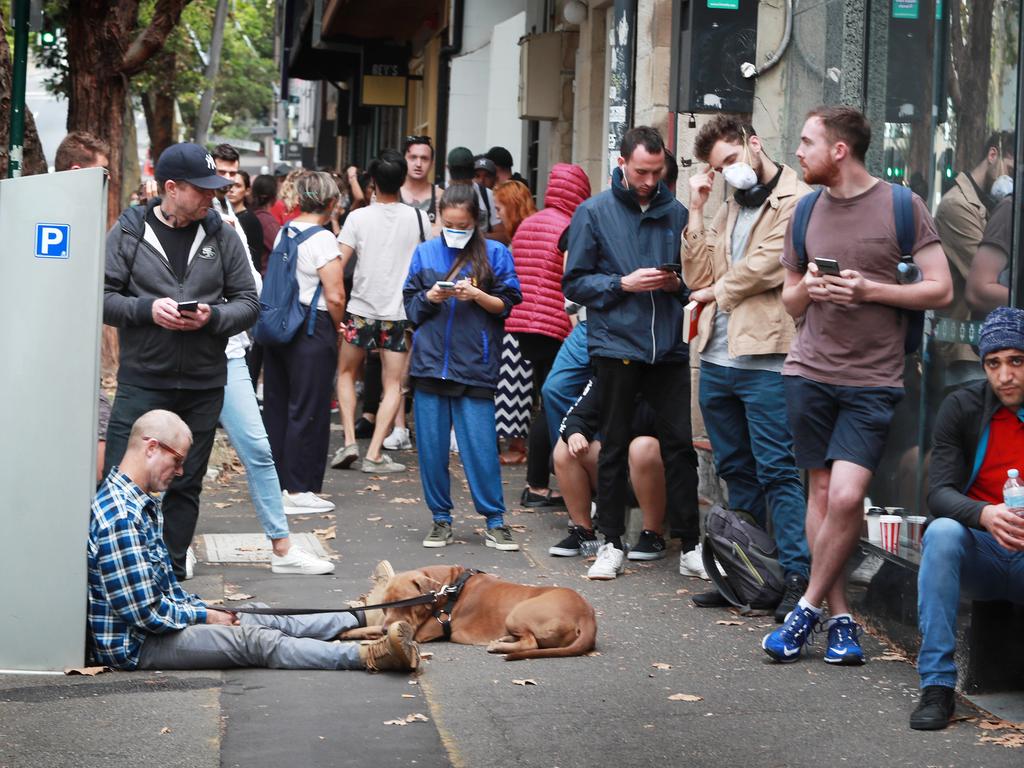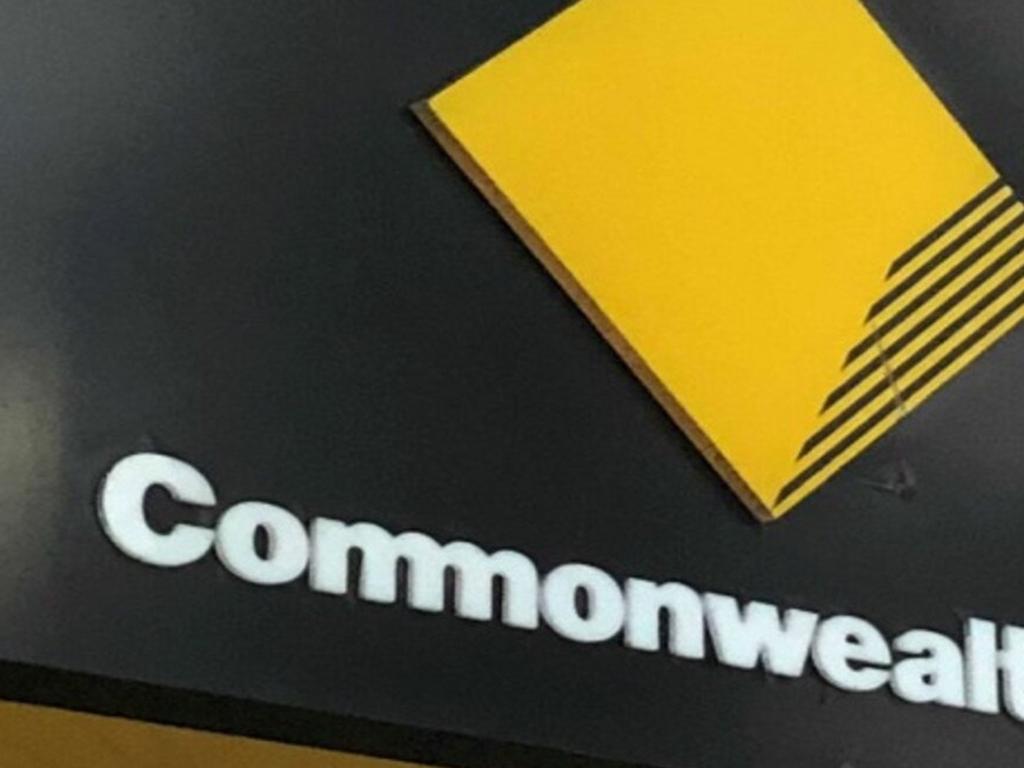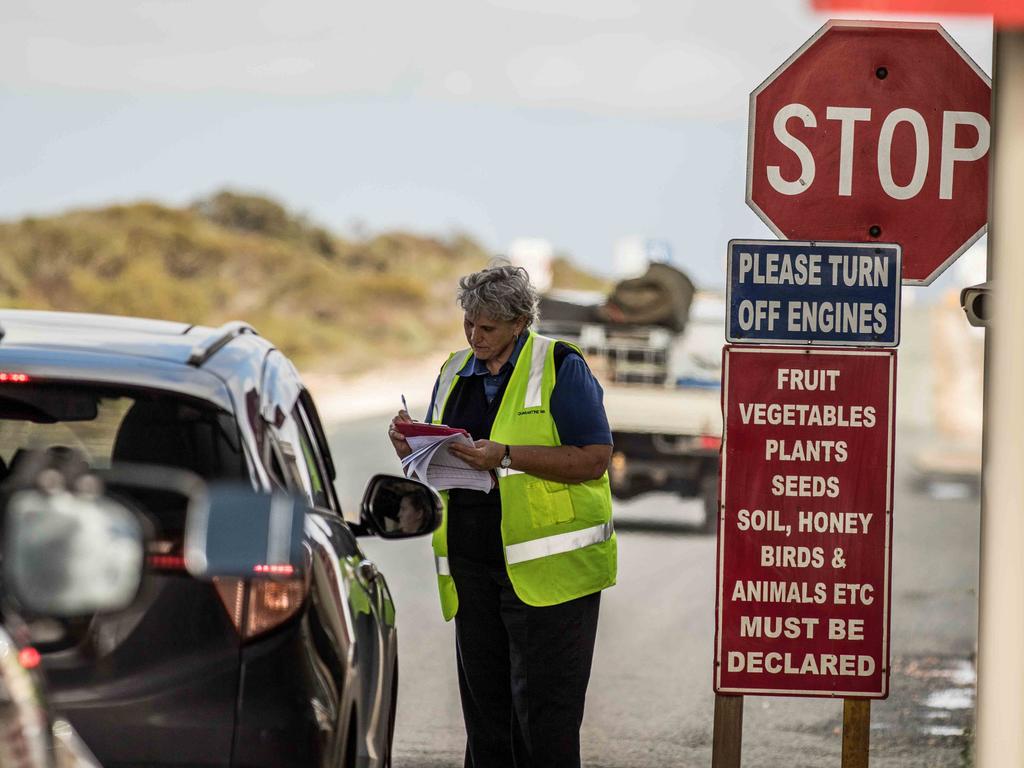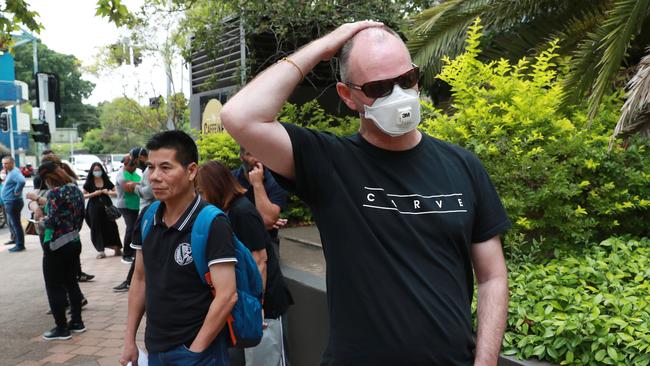
Do you know what would be really useful right now? A bit of plain-speaking. Let’s start with the obvious: people are scared.
And it’s okay to be scared because this is scary.
What’s not okay is how people are also desperately confused. Because in their confusion, they are making things worse.
It’s not their fault. Part of the problem has been the mixed messages from the various governments, but if we don’t get a grip, this crisis could soon get away from us.
What does that mean?
Well, we’ve all seen the videos of people pushing and shoving each other at the supermarket.
We all know about the collapsing stock market.
Too many good companies, and once-healthy small businesses have already gone under, taking the spirit of the proprietor with them.
We know that hospitals are overwhelmed; that supermarkets are empty of produce; that airlines practically grounded.
We know that some of the most vulnerable kids taken from schools will never go back.
You know what comes next, don’t you?
About two weeks from now, renters will start to default.
So, too, will those people who took out mortgages, assuming they’d have jobs.
The police will have to be called to evict people from their homes.
Those scenes will be harrowing.
Fix the messaging
And so we simply must get a handle on this. We are on the edge of disaster if we don’t. And there’s no question that we can do it.
One problem that can immediately be fixed: the government’s messaging.
It’s currently all over the place.
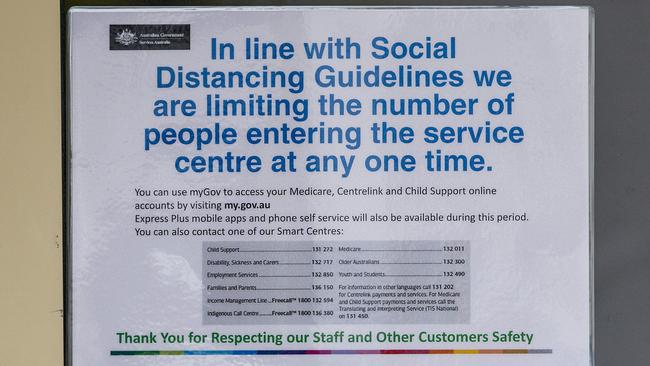
One example: new welfare payments being made available to needy people all the time, but how do you get access to those payments?
People have been told to “register online” using their CRN. First question: what’s as CRN? Because how would you know? Some people will be able to guess: it’s a customer reference number?
That is in fact a guess.
I’m guessing that’s what it is, and no doubt somebody will tell me if I’m wrong.
How do you get one?
Can you get a CRN online? Some say yes, some say no, you have to do it over the counter, at Centrelink; some say you can do it over the phone.
Those who have tried to register online say the wheel just keeps spinning, or else the links don’t work.
Centrelink says clients should not be “coming into our offices unless there’s a critical need to be there.”
But define critical?
Having $10 in the bank and not being able to get online, because the website has crashed — is that critical?
On Sunday, the government said “eligible individuals” could apply through myGov to access up to $10,000 of their superannuation this financial year.
But again, who is eligible, and how do people find out, if they can’t access the site.
Clear as mud
Some say your identity documents need to be verified over the phone. Some say you have to do it in person. But isn’t that only if you’re a new client? No. Yes. No? (The correct answer is yes.)
The government has said it will make a $750 cash payment to people on social security and veteran income support.
But is that in addition to the $750 payment previously announced? Or is it for a new group of people.
This is clear as mud.
Treasurer Josh Frydenberg said any worker whose income had fallen below $1075 a fortnight is eligible for the coronavirus supplement payment of $550 a fortnight.
How does one apply for that benefit?
Nobody seems to know, and people will go to Centrelink, and they will flood the phone lines, to clear up confusion in their own minds.
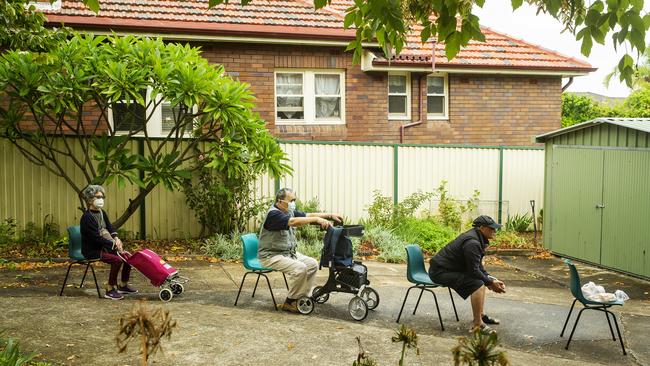
You will then have people lined up for hours; or else you’ll have people driving from remote locations to try to see somebody at the counter; and staff will be abused, and tempers will fray.
The government needs to get better at communicating. Everyone is quite stressed enough. The key questions for those in need are these:
a) For what if anything do I qualify?
b) How do I apply?
c) When will the money land?
Besides that, we need a huge public education program — billboards, newspaper and TV ads etc — displaying clear, unambiguous guidelines, as to the behaviour expected of us.
It’s time to drop the jargon. It was a bit of fun at first, tapping people on the foot and joking around: “I’m practising social distancing!”
Keep it simple
Hashtags like “flattenthecurve” and “lockusdown” need to be retired, too.
Instead of “social distancing” and “self-isolation” here is what public health officials should be saying:
Stay home.
Shop for groceries once a week.
Pay by card.
Stand well back from the next person in line.
No more than three people in the shop at any one time.
Get in and out, as quickly as you can please, because other people are waiting.
Take only what you need.
No, you cannot go to the pub.
Yes, you can walk your dog. And yes, we will get through this. We need a little more clarity, a little more kindness, but we’ll get there. Of course we will.


